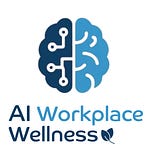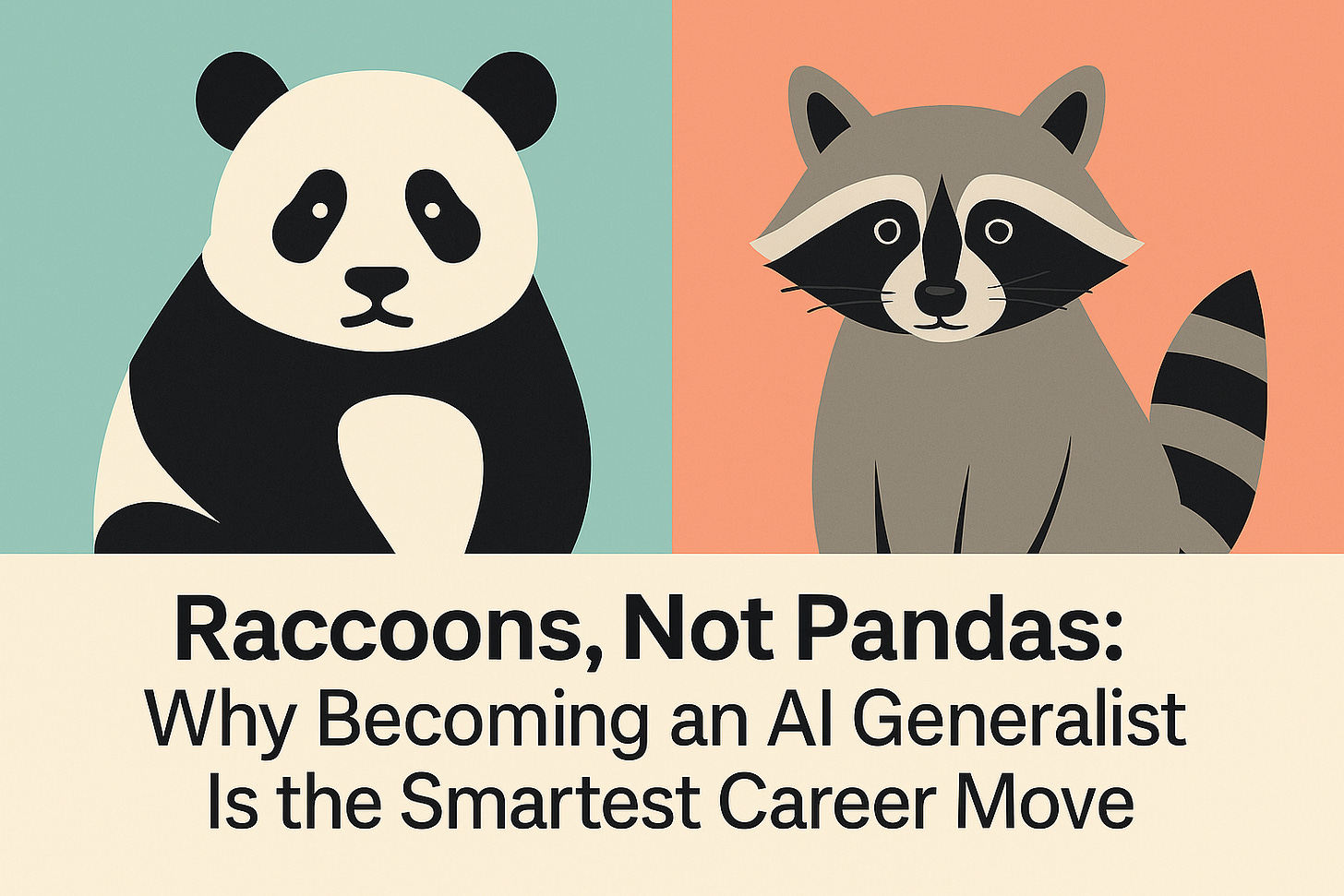In an era where AI is rewriting the rules of work, many professionals face an uncomfortable reality: the skills that secured yesterday’s jobs may not guarantee tomorrow’s.
Tahnee Perry, AI marketing strategist and founder of A25, an AI training consultancy, believes the solution isn’t doubling down on specialization, but rather embracing a new role—the AI generalist.
In our conversation, Tahnee explained why adaptability and breadth of knowledge now matter more than narrow expertise, how organizations can integrate AI responsibly, and what steps individuals can take today to stay relevant.
TL;DR
AI isn’t eliminating work—it’s transforming it. To thrive, professionals should stop clinging to narrow specializations and instead embrace the role of AI generalist: adaptable, strategic, cross-functional, and resourceful. Organizations, too, must adopt AI thoughtfully, pairing clear policies with employee support. Tahnee Perry’s advice? Start small: audit your role, experiment with AI tools, and lean into the mindset of a raccoon—nimble, curious, and ready to adapt.
Tahnee’s Main Talking Points
Jobs are shifting, not disappearing. By 2030, we may lose 92 million jobs, but 170 million new ones will be created—roles unlike those we know today.
AI generalists will thrive. Specialists focused on tasks AI can automate will struggle; generalists who think strategically, automate processes, and adapt quickly will succeed.
Raccoons, not pandas. Perry’s metaphor captures the scrappy, resourceful adaptability professionals need in the AI era.
T-shaped learning is key. Depth in one area, combined with breadth across disciplines, helps professionals pivot as roles evolve.
Mindset shifts first. Curiosity, comfort with discomfort, and cross-departmental collaboration prepare individuals for change.
Organizations must slow down. AI adoption is a months-to-years process requiring communication, policies, and change management—not hasty edicts.
Practical first step: audit your job tasks, identify what can be automated, and develop skills in areas AI can’t yet replace.
The Case for the AI Generalist
Tahnee points to World Economic Forum data: 92 million jobs lost, 170 million created by 2030. The catch? They won’t be the same jobs, however. Specialists tied to automatable tasks risk obsolescence, while those who can orchestrate strategy and adapt across domains gain an edge.
From Tactician to Strategist
Roles like bookkeepers or design production staff may fade, while analysts, creative directors, and strategists will grow in importance. It’s about moving “up the value chain” from execution to orchestration.
Raccoons vs. Pandas
Why raccoons? Unlike pandas—rare, specialized, and fragile—raccoons are scrappy, cross-functional survivors. Professionals must mirror that adaptability, developing skills they can reconfigure quickly in a shifting landscape.
T-Shaped Learning
Generalism isn’t just “jack of all trades.” It’s having broad awareness across functions and deep expertise in one area. This T-shaped skillset allows professionals to recognize opportunities, adapt, and still deliver real value.
Tools of the Trade
Tahnee emphasizes fluency with AI tools: Canva for design, Meta’s AI suite for ads, Zapier for automation, Replit for rapid prototyping. Experimentation is essential as today’s MVP experiment could be tomorrow’s industry standard.
Practical First Steps
For individuals: Audit your tasks. Identify which are ripe for automation and where higher-level skills are needed. Use AI to analyze your own role and prototype ways of working.
For leaders: Start by listening to employees, then craft policies that define how AI should (and shouldn’t) be used. Change management is key; adoption takes months to years.
Beyond Hype: AI Governance & Culture
Buzzwords like “AI-first” or “AI-forward” matter less than aligning terminology with culture. The real differentiator is how leaders communicate, reassure employees, and set guardrails around responsible AI use.
The Future Outlook
Is the AI generalist a fad? Tahnee doesn’t think so. Flexibility, adaptability, and resourcefulness will remain invaluable traits, making generalism a career strategy, not just a passing phase.
Do you agree with Tahnee’s assertion that the future belongs to AI generalists? Leave a comment and let us know what you think.
More About Tahnee
Tahnee Perry helps professionals and organizations navigate this transformation with personalized AI career reports and advisory services. Connect with her on LinkedIn or visit A25 to learn more.
And if you’re a leader wrestling with AI’s impact on your team, don’t go it alone. Subscribe to AI Workplace Ethics and Wellness to keep up with insights, frameworks, and real-world strategies for adopting AI responsibly.
AI Workplace Ethics & Wellness is the official newsletter of the AI Technostress Institute. It explores the intersection of artificial intelligence and human wellbeing in professional environments. Subscribe for weekly insights on building technology-enabled workplaces that prioritize both innovation and employee mental health.













